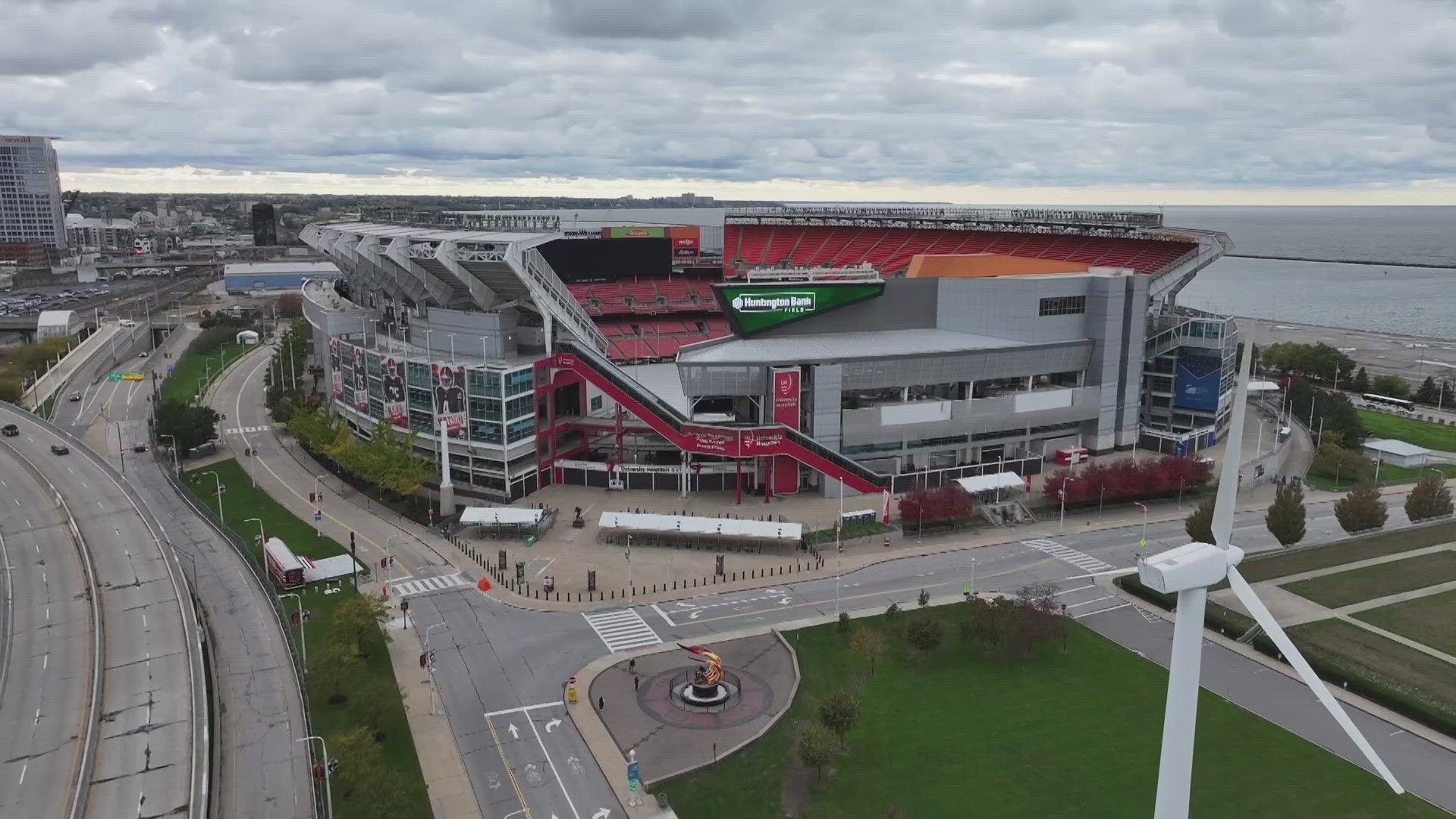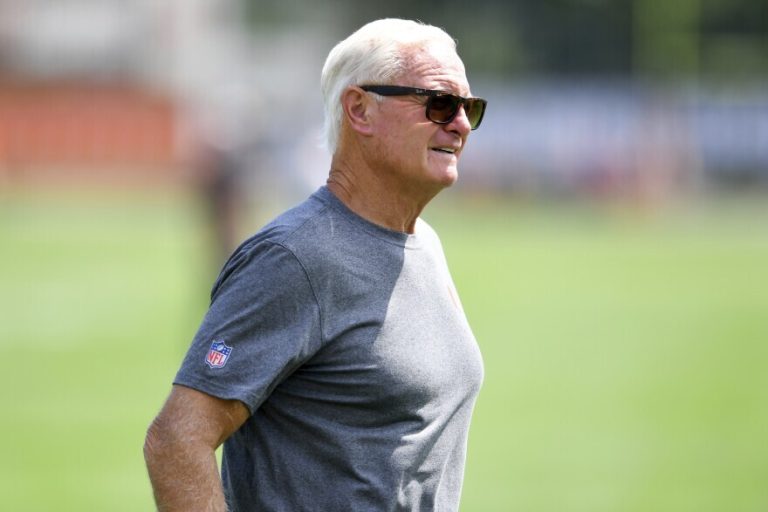Cleveland has filed a lawsuit to stop the Cleveland Browns from moving to a new domed stadium in Brook Park, a suburb located 15 miles south of the city. The legal action invokes Ohio’s “Modell Law,” which requires sports teams that use tax-funded facilities to either obtain approval from the city or provide six months’ notice before relocating. The Browns revealed in October that they intend to build a $2.4 billion stadium and entertainment complex in Brook Park when their lease for Huntington Bank Field expires after the 2028 NFL season.
The Modell Law, passed in 1996, is designed to prevent teams receiving public funding from abruptly leaving their home cities. The city of Cleveland is using this law to argue that the Browns are obligated to either stay or negotiate with the city before making any move. In a similar situation, the law was successfully used in 2019 to prevent the Columbus Crew, an MLS team, from relocating to Texas. The Browns, however, have filed their own lawsuit seeking clarification on how the Modell Law applies to their situation.

The city of Cleveland has worked to keep the Browns at Huntington Bank Field, which has been the team’s home since it was built in 1999. In August, the city proposed a $1.2 billion plan to renovate the stadium and redevelop the surrounding area. This offer included $461 million in funding from the city, as well as a 30-year extension of the Browns’ lease. Despite this, the Browns have continued to push forward with their plans to build a new stadium in Brook Park, which they hope will be financed through a private-public partnership.
The Browns have played in Cleveland since their inception in 1946, with Huntington Bank Field serving as their home since their return to the city in 1999. The proposal for a new stadium in Brook Park has sparked concern among many Cleveland residents who view the team as an integral part of the city’s identity. The potential move, therefore, is not just about a stadium but about the Browns’ long-term relationship with the city and its residents.
This legal battle highlights the tension between preserving the history and legacy of a team in its current location and the desire for a modern, state-of-the-art facility. Cleveland’s lawsuit aims to protect both the financial interests of the city and the historic ties to the Browns. The outcome could set important precedents for other cities and sports teams involved in similar disputes over public funding and stadium relocation.

